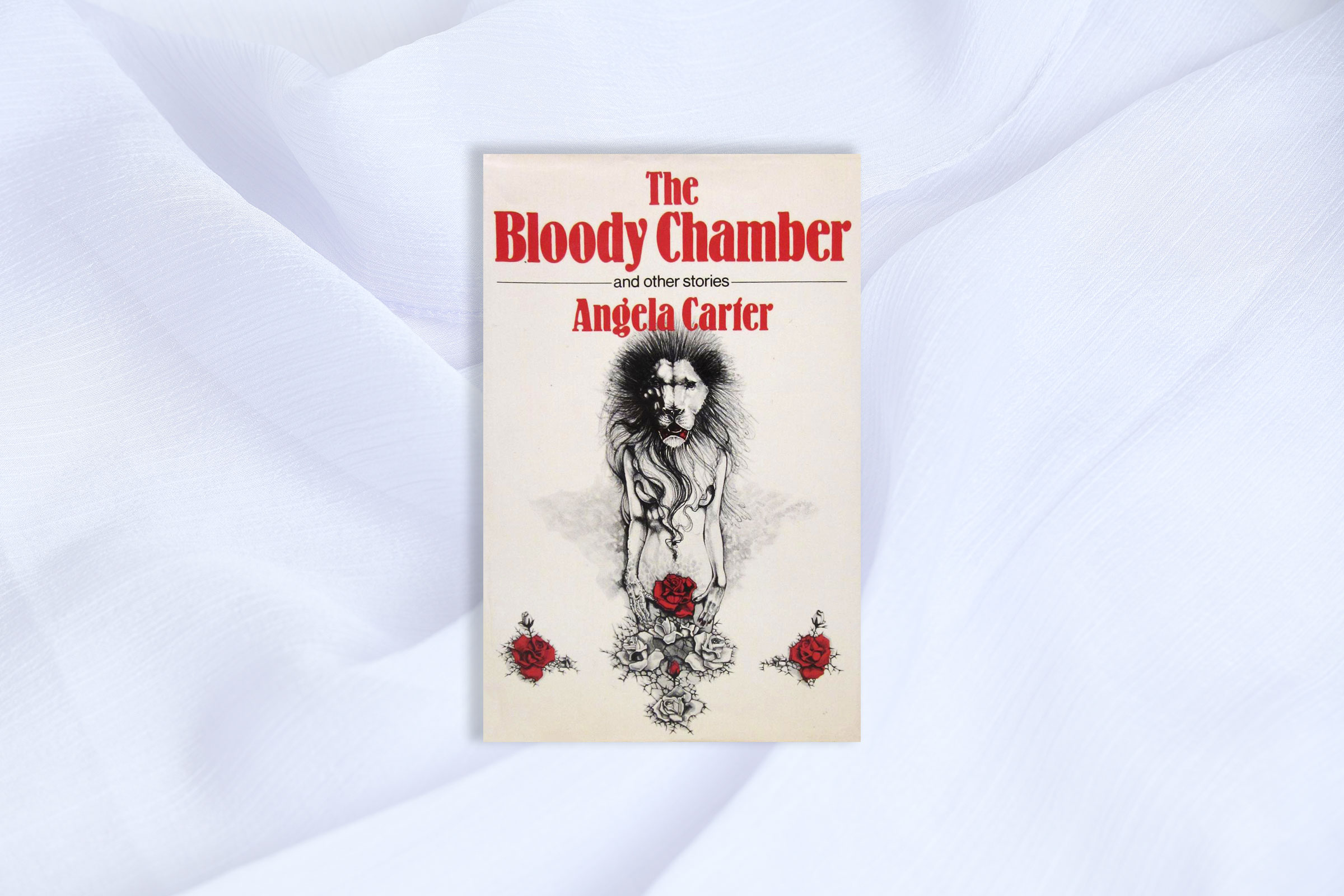Whether we choose to blame Disney or the broader hegemonic influence of northern and western Europe on culture, there is a set of fairy tales that nearly every American knows by heart despite their issues. You know the ones—Little Red Riding Hood, Sleeping Beauty, Rapunzel and so on. The problem is that nearly everything in the European fairy tale canon is either obviously or ambiguously misogynistic. Angela Carter addressed this issue in 1979 when she published The Bloody Chamber, a collection of short stories that reimagines many of these texts from a feminist perspective. Whereas the traditional forms tend to portray female characters as objects whose sexuality is passive and unspoken—a thing to be won by the prince, but always repressed—Carter’s stories insist on an active and visceral feminine sexuality. It’s less a subversion of childhood favorites than it is the proffering of “adult” eyeglasses. What Carter lays bare are the damaging tropes that were always there in these narratives—you just didn’t see them until now. —Elijah Wolfson
Buy Now: The Bloody Chamber on Bookshop | Amazon
- Inside Elon Musk’s War on Washington
- Meet the 2025 Women of the Year
- The Harsh Truth About Disability Inclusion
- Why Do More Young Adults Have Cancer?
- Colman Domingo Leads With Radical Love
- How to Get Better at Doing Things Alone
- Cecily Strong on Goober the Clown
- Column: The Rise of America’s Broligarchy
